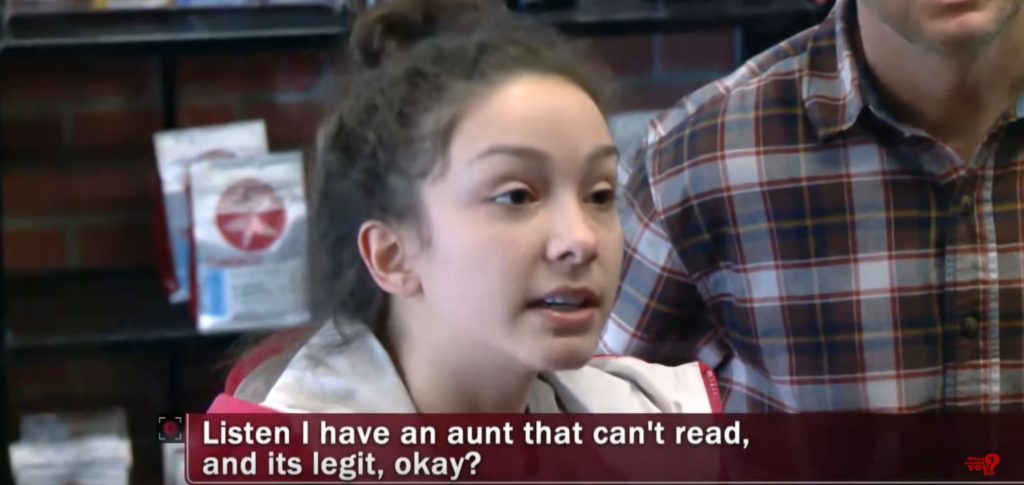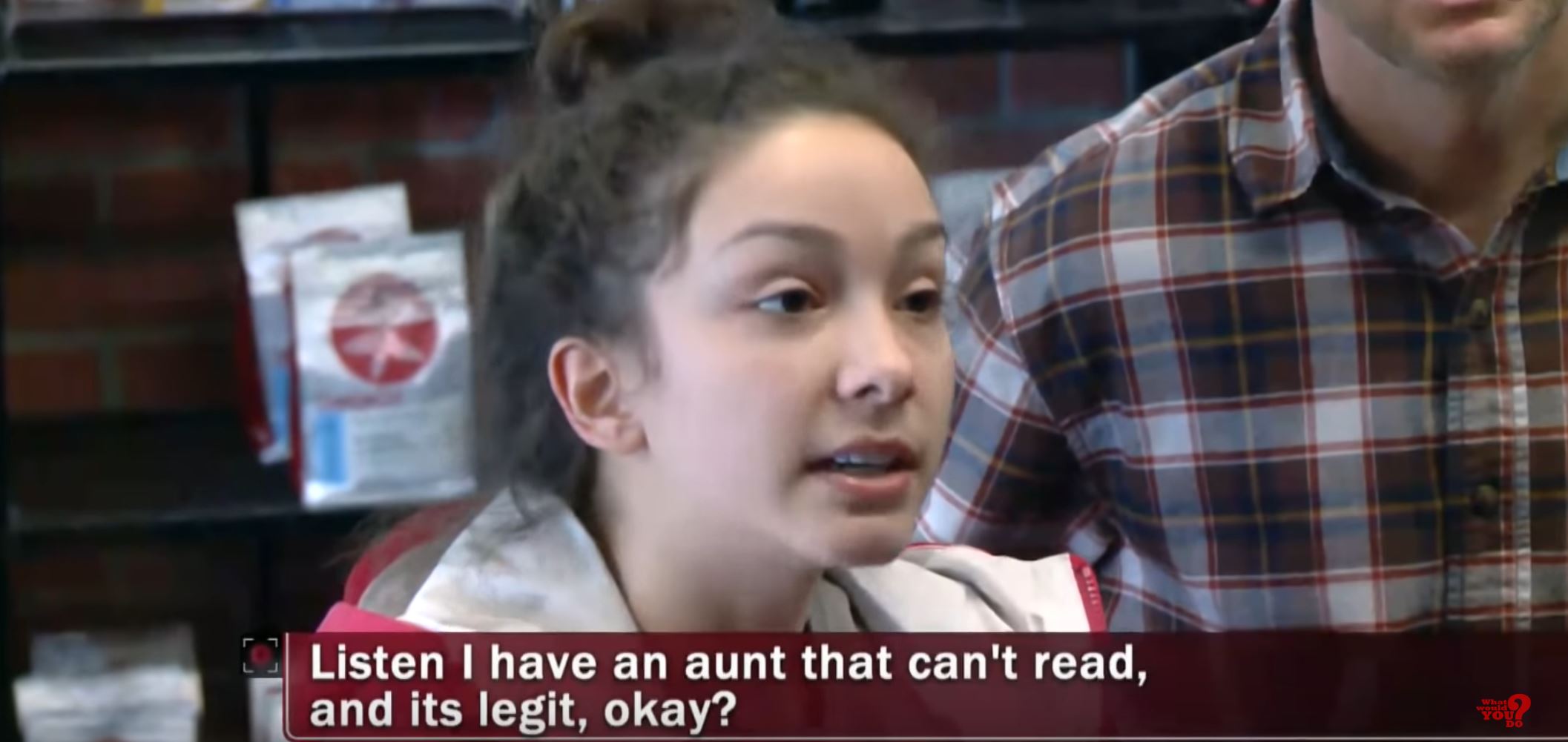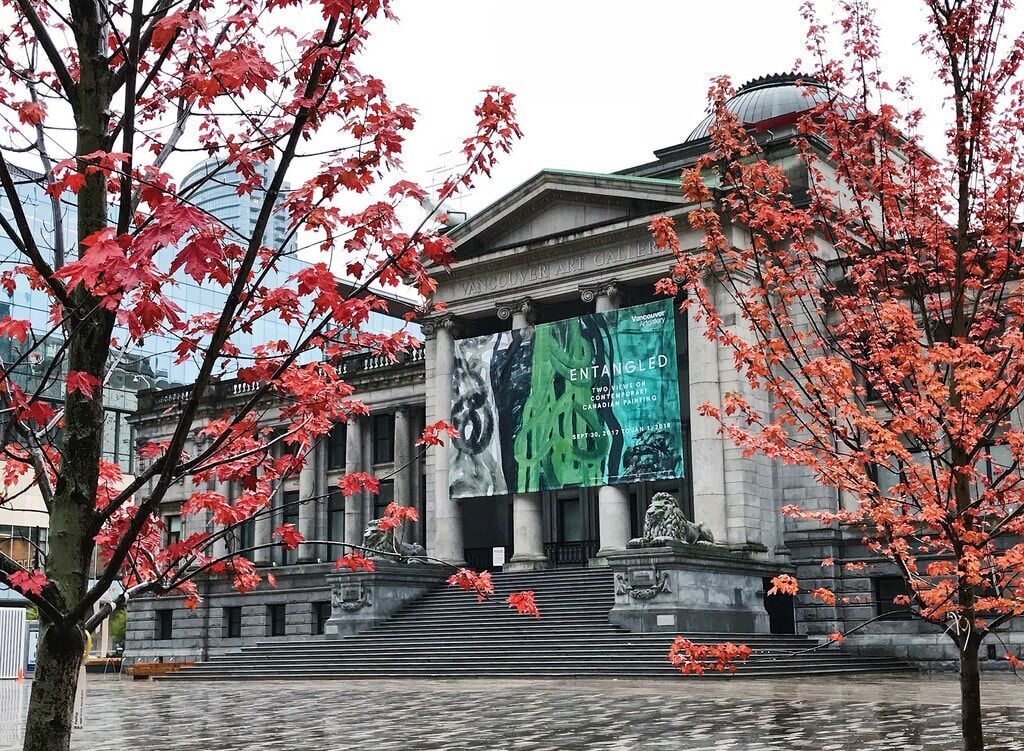
Three important points to remember in life
By EG Manilag, Staff Writer
When no one is watching, what would you do? What Would You Do? (WWYD?) is a situational hidden camera television program that seeks to explore individuals’ reactions and responses to uncomfortable and often compromising real-life scenarios in their community. One episode, “Illiterate man is harassed by café cashier,” shows an illiterate man being bullied by a barista for not being able to read the menu. A lot of customers stood up for the man, and most of their reactions and responses were personal and straight from the heart. One customer said that her grandfather had trouble reading because all his life he was in the workforce, grinding every single day to feed his family. Another customer, who was an educator, said that not everyone, “not even today,” has an opportunity at education. This social experiment made me tear up. This show and episode expanded my perspective on life. Here’s what I learned:
Privileges and differences in life
Life is random, and privilege is a random gift. Not everyone shares the same privileges because not everyone is born into the same circumstances. Education is a part of this—not everyone has the same opportunity to learn. Some people are forced to quit school so they can instead work to feed their families, and others have every opportunities in education presented to them.
It is a big issue when one ignorantly compares their life to another person’s life. Firstly, we don’t share the same life as the people we judge, so a comparison of two totally different people living with different circumstances is apples to oranges. Secondly, we don’t know what they’ve been through, so how can we pass accurate judgement without any facts? And thirdly, life is just simply unfair, why add to that? Rather than criticize people, we should help people—it makes the world a better place.
Standing up for people
“Strong people stand up for themselves. Stronger people stand up for others,” said Chris Gardner, author of the book (also adapted into a film starring Will Smith) The Pursuit of Happiness. He is right. As I said earlier, it’s not surprising to see the community help one man because, ethically, it’s the right thing to do. I was impressed seeing how courageous and fearless they all were in assisting him. They were assertive and in control of the situation—putting a stop to the barista’s hostility. We should all be a little more like that.
The importance of education
Education is important. With it, we can break harmful stereotypes and promote fact-based information. To be educated means to be skeptical—challenging and breaking everyday norms. Education can help people, it can spread awareness against all sorts of stigma, and it can expand our horizons. Our level of education should not be a status symbol. Instead, it should be an instrument for positive development.


